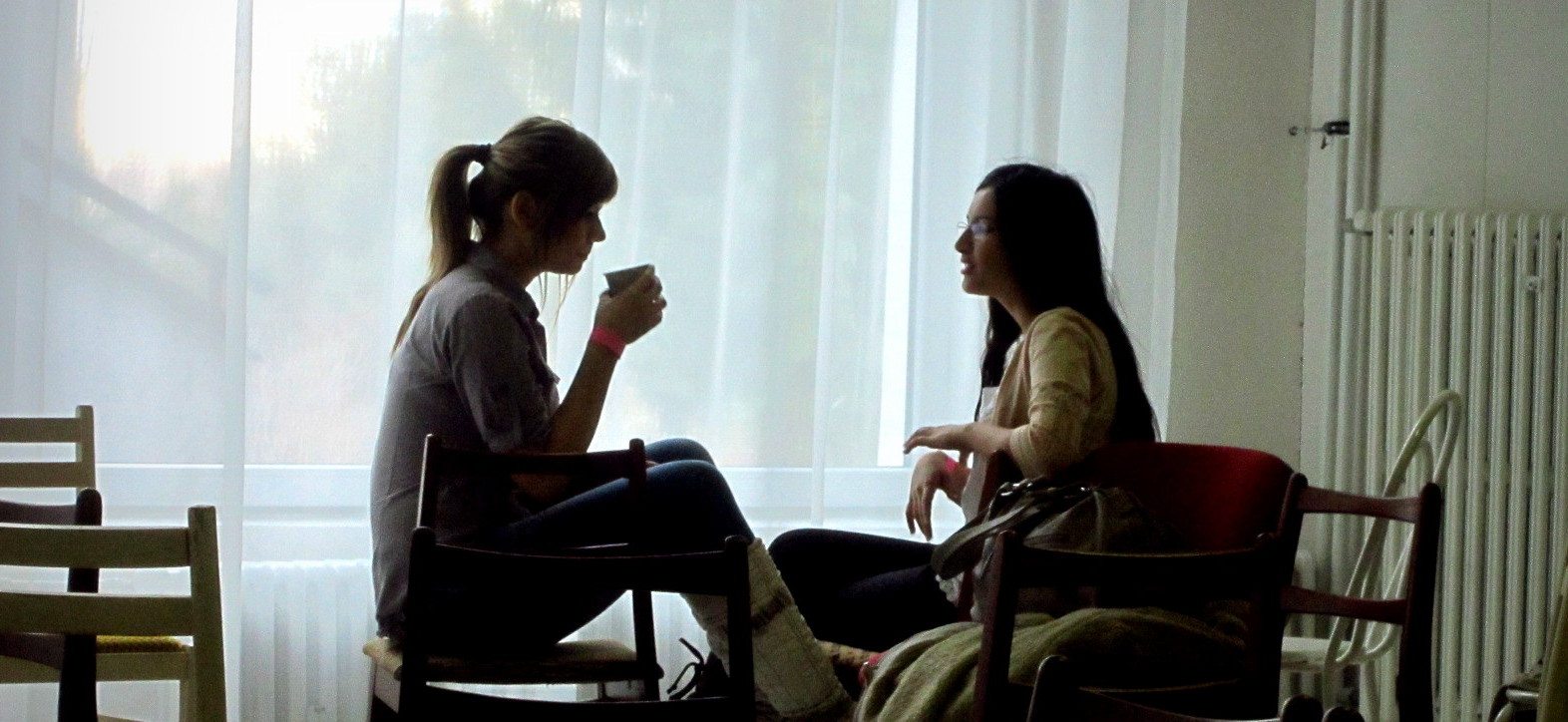Consent Workshops: Don’t walk out, walk in!
Recently, the University of York introduced consent classes. However, one third year student took issue with this scheme and criticised the classes as patronising and unnecessary. He is not alone in this; many have expressed similar views, with some students choosing to walk out.
At Warwick, consent workshops met with similar controversy when they were introduced last year. As one of the volunteers who led consent workshops, I am writing to share my experience of taking part in the hope of addressing some of these concerns.
Many feel that consent workshops are patronising to students who attend. However we were just students who attended the training session – which was open to all Warwick students – because we wanted to bring the important conversation on sexual consent to our campus. We came from a range of years, genders and experience with activism. We volunteered because we cared.
However we were just students who attended the training session – which was open to all Warwick students – because we wanted to bring the important conversation on sexual consent to our campus
Our aim was far from the bleak picture painted. We were there to structure the debate and provide materials, but the conversation was actually led by them. Rather than stand and lecture them for several hours – which would indeed have been a condescending assumption of superiority on our part – we simply provided a space for them to talk about consent.
In many criticisms of consent workshops, a rather idealistic notion of ‘the average student’ is constructed. Consent workshops are often dismissed as unnecessary on the basis that a good understanding of consensual sex is thought to be commonplace. It is true that some sexual predators would be wholly unchanged by hearing discussions on consent, and would need to undergo rehabilitation far more complex than a 90-minute student-led workshop could ever provide. However, why not do something, even if only a little, towards challenging these ideas?
We were there to structure the debate and provide materials, but the conversation was actually led by them
One student at a workshop brought up the important point that consent is not just about sex; it’s about a wider issue of respect for other people. In addition, consent workshops give students the confidence to recognise harmful sexual behaviour and encounters, so that they can feel justified in seeking help. On one feedback form I received a student expressed a great feeling of being able to speak out about expectations of consent and of being supported.
When the workshops are continued in future I would like to see more and better treatment of the specific needs of LGBT+ people, people of colour and other groups whose experiences are sometimes ignored in mainstream discussions.
Consent workshops give students the confidence to recognise harmful sexual behaviour and encounters
This year, Warwick Anti-Sexism Society and our SU Women’s Officer will continue the conversation on consent. WASS will be running Can’t Touch This, a club night with a focus on challenging sexual harassment. We will also be organising a Reclaim the Night march on campus in Term 2, so that as students we can assert our right to feel safe where we live and study.
Our Academic Registrar, Mike Glover, has recently stated that Warwick will take a “zero tolerance” approach to sexual harassment; this is very encouraging and we hope that it will improve student safety.
We will also be organising a Reclaim the Night march on campus in Term 2, so that as students we can assert our right to feel safe where we live and study
Ultimately, consent workshops were never supposed to change the world. We simply wanted to make consent something that was thought and talked about more at the University of Warwick, and we definitely succeeded. If more students cast aside their preconceptions and get involved we can continue to achieve even more.

Comments (1)